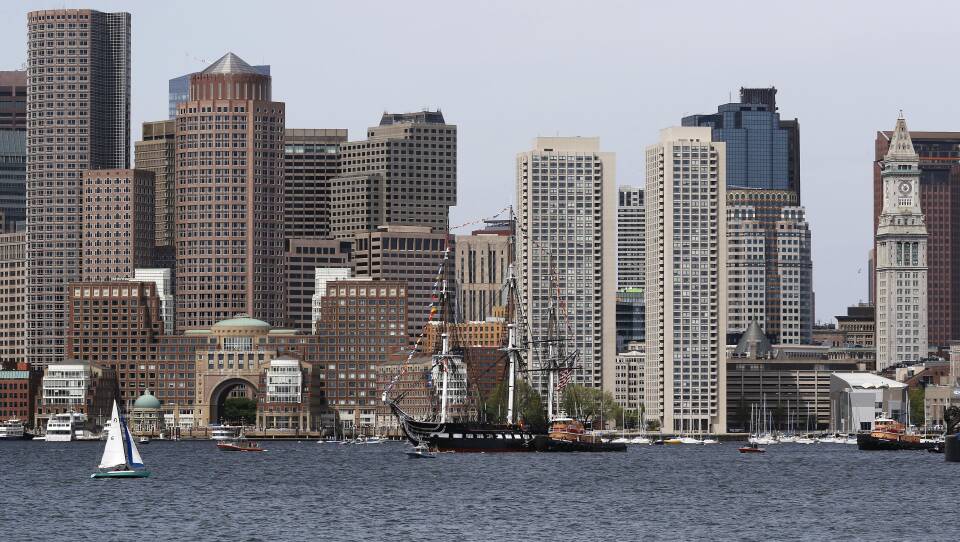With significantly fewer people traveling to work, school or vacation in response to the coronavirus outbreak, have there been any noticeable improvements in the environment? WGBH News' Morning Edition host Joe Mathieu spoke with MIT Senseable City Lab researcher Priyanka deSouza about how our current lifestyle has affected air pollution in Boston. The transcript below has been edited for clarity.
Joe Mathieu: I understand that EPA monitoring stations have, in fact, shown the air is cleaner. What do we know?
Priyanka deSouza: Yes. In fact, in the last two weeks, we definitely have seen drops in air pollution in Boston. That is not surprising because there have been far fewer vehicles on the roads and vehicles out are a major source of air pollution. However, again, one of the questions that we have to ask ourselves is, is this how we want to clean our air? We definitely don't want clean air to be caused because people are staying home in fear for their lives. We want to make sure that this is a long-term thing.
Mathieu: Of course, I understand the point you're making, I'm just taken by how quickly it dropped. Are you surprised by how fast this happened?
deSouza: It's wonderful. But not really, because these things are such a such an immediate source of air pollution in so many cities that it's not that surprising that air pollution levels have decreased so much.
Mathieu: Does that mean, then, there will inevitably be an increase when everybody comes back to work, whether it's in a month or year?
deSouza: Oh, I think it's very likely that as soon as people come back to work at pollution levels will shoot back up again.
Mathieu: Last week, the EPA said it would roll back certain restrictions that the Trump administration thinks may hurt business by indefinitely suspending environmental protections. How does that play into the return of air pollution?
deSouza: Oh, my goodness, that is so worrying. I don't think the U.S. has ever seen such large scale rollbacks of environmental regulations. And it's unclear how long these will last, but if this current trend of rolling back such rules continues to happen, we're definitely going to see maybe even higher air quality levels once this is over.
Mathieu: Can I ask, Priyanka, about what you're doing at MIT's Sensible City Lab? I understand that you have monitors out throughout the Boston area as well yourself.
deSouza: So actually, we have a partnership with the Cambridge Public Works Department and we haven't been monitoring air pollution right now, but in the past we've installed monitors on the City of Cambridge trash trucks. And as these trucks go everywhere in Cambridge and some bits of Boston [and] Somerville, we've actually got a complete picture of air pollution in this city.
Mathieu: Are those devices that you could put back into effect now to track what's happening?
deSouza: We could definitely do that. However, because everything is shut down, we don't want to be irresponsible, go back to the lab and start getting [this] equipment back working.
Mathieu: I understand. As we consider the road ahead here, Priyanka, you're no different than any of us in that we don't know how long this will last. So I'm obviously asking you to speculate, but if this becomes a months-long shutdown, how clean might our air get?
deSouza: So air pollution has seasonal trends; it's affected by wind speeds [and] wind direction. The levels right now may decrease even further as more and more people stay at home [and] larger trucks that do deliveries also cease operation. So we may actually see levels get even cleaner.





